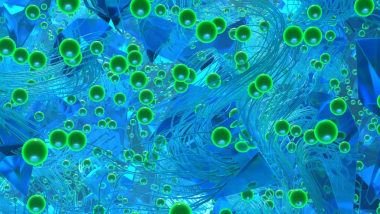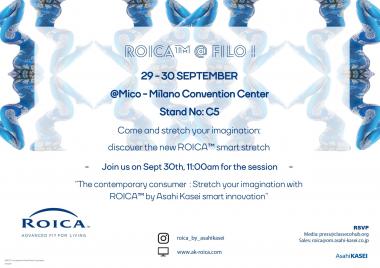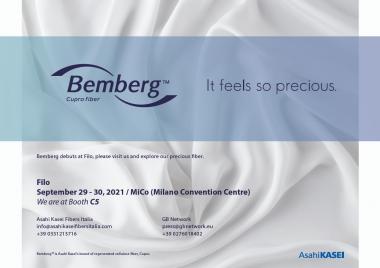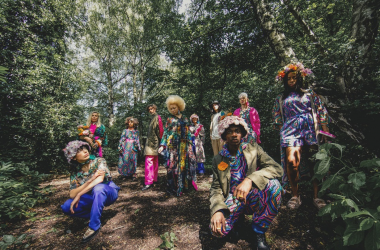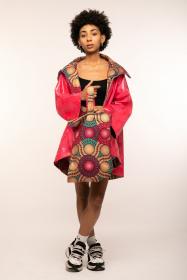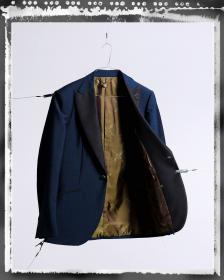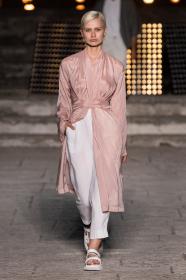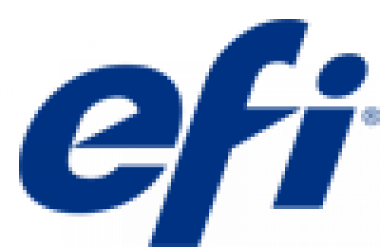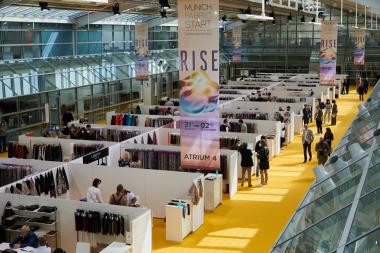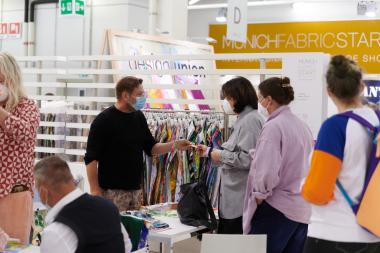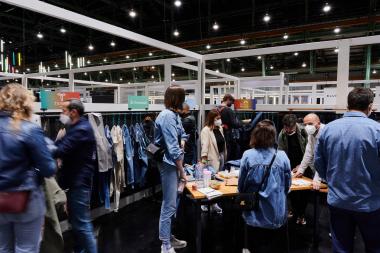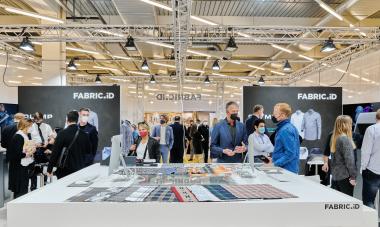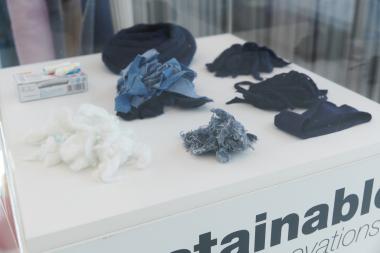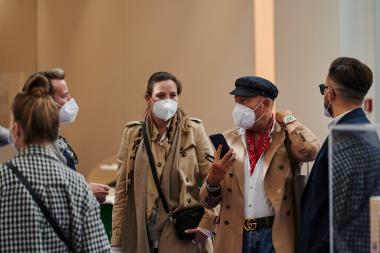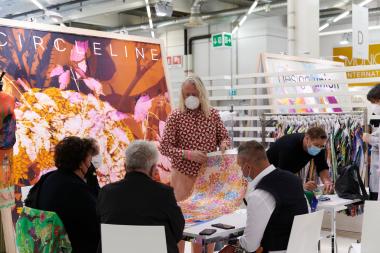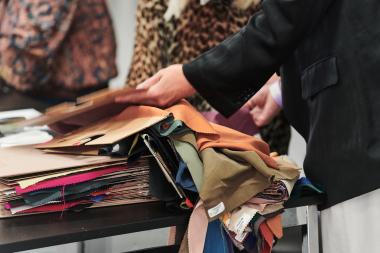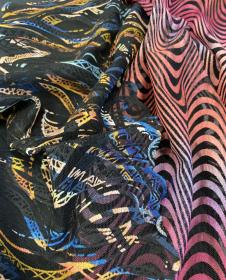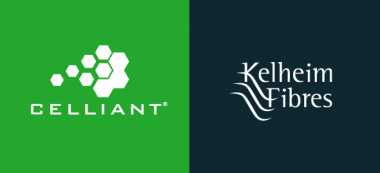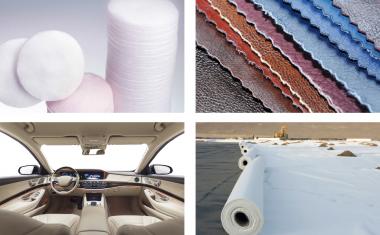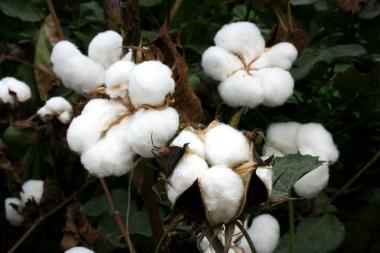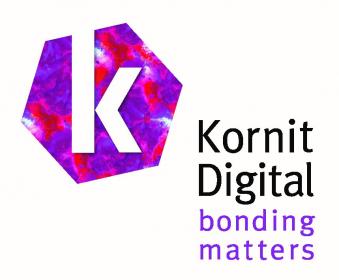WEIDMANN and BRÜCKNER: New standards in stenter technology
WEIDMANN GmbH in Süßen is known worldwide as a specialist for the finishing of fiber and down-proof articles and woven industrial fabrics. Customers particularly appreciate the company's reliability and flexibility with regard to their individu-al requirements, and consistently high quality of its products. The Swabian textile manufacturer finishes premium fabrics, mainly for the bedding industry, using the latest technology and in an environmentally conscious manner.
The complex production and finishing processes for high-quality fabrics require a reliable and efficient machine technology. With this in mind, WEIDMANN has always relied on the proven stenter technolo-gy from BRÜCKNER. For many decades, the German textile machinery manufacturer has been a world leader in the con-struction of production lines for the finishing of classical textiles, woven industrial fabrics, nonwovens, glass fabrics and floor coverings. In addition to stenters, the company's production program also in-cludes coating lines, relaxation dryers, sanfor lines, continuous dyeing lines as well as ovens for the bonding of nonwovens and other special lines. All machines are produced 100% in-house in Germany.
Both companies continuously invest in new and innovative technology in order to be successful and competitive today and in the future. Only Recently, a completely newly developed BRÜCKNER stenter was installed in the ultra-modern plant at WEIDMANN. During the intensive project engineering phase it soon became clear which features are of special importance for their daily production requirements:
- uniform moisture distribution in the machine entry and during pick-up of the specialized chemicals in the finishing padder before the thermoprocess
- weft-straight fabric flow with minimized residual distortion
- very good accessibility for maintenance and daily cleaning
- sensor technology and automation of setting parameters for energy optimization
- heat-recovery with hot water generation for the dye house
- the line must be fully Industry 4.0 capable
Brückner Trockentechnik GmbH & Co. KG













